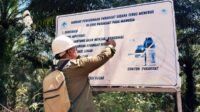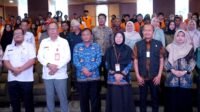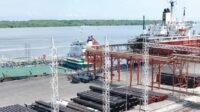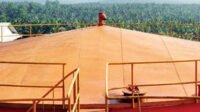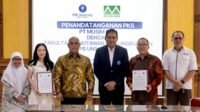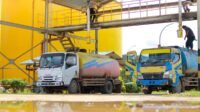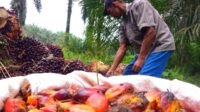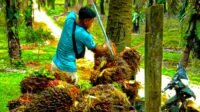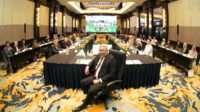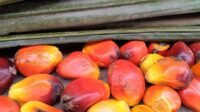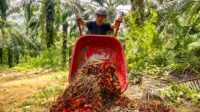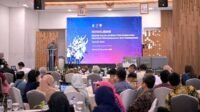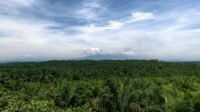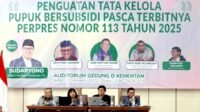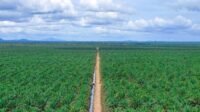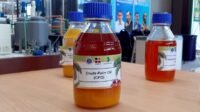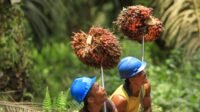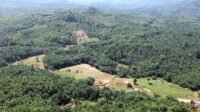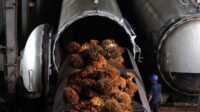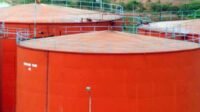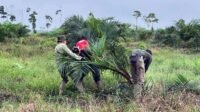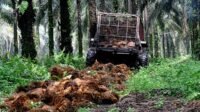PALMOILMAGAZINE, JAKARTA – Beyond environmental issues, another recurring problem in the oil palm sector is land claims and the trading of plasma plots. The plasma scheme was originally designed to provide long-term economic benefits for local communities. Yet in practice, some beneficiaries end up selling their plots to outsiders.
“Once they sell, they lose their source of income. Many are forced to become laborers, then complain about their condition, which sometimes escalates into conflict,” explained Johan Sukardi, Corporate Affairs Director of PT Bumitama Gunajaya Agro, in an interview with Palmoilmagazine.com.
Unfortunately, there is still no legal framework that explicitly prohibits such transactions. For now, companies can only encourage cooperatives to establish internal rules that ensure plasma plots remain with the original community members.
Also Read: Tesso Nilo Residents Welcome Komnas HAM’s Recommendation, Criticize Militarized Approach
At the same time, land claims—whether from villagers or external parties—can erupt unexpectedly. Johan emphasized that every claim must be verified transparently: Who is making the claim? What documents do they hold? What is the land’s history?
“If there’s no valid basis, we consider them speculators. But if the evidence is strong, we sit down with village officials, traditional leaders, even community elders to find a resolution,” he said. While this process can take weeks or even months, Johan believes it is far more effective than resorting to power struggles.
Dialogue as a Strategy
To foster trust, BGA established the Forum Silaturahmi Masyarakat (FORSIMAS), a formal platform for dialogue between the company and local communities. Here, villagers’ voices are heard on equal footing, allowing grievances, aspirations, and misunderstandings to be addressed through regular open meetings.
But according to Johan, genuine communication often happens outside meeting rooms. “I often visit the head of the hamlet at his home, just to talk over a cup of coffee. That’s where you really learn what’s going on,” he said.
He stressed that today’s planters need more than technical skills in harvesting or fertilization—they must also develop social skills, empathy, and communication. “If fresh graduates only focus on tonnage targets, they’ll quickly burn out. The reality is, 70 percent of our work is managing people, not oil palm fruit.” (P2)



